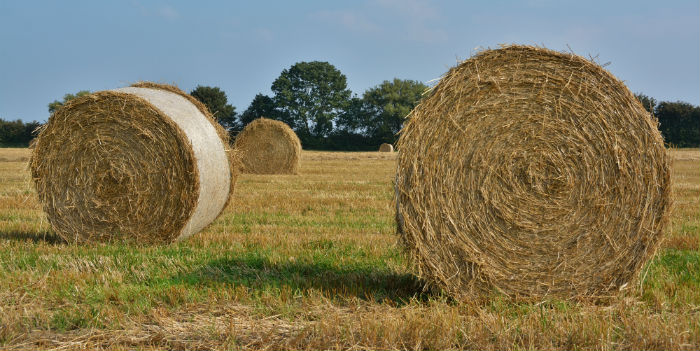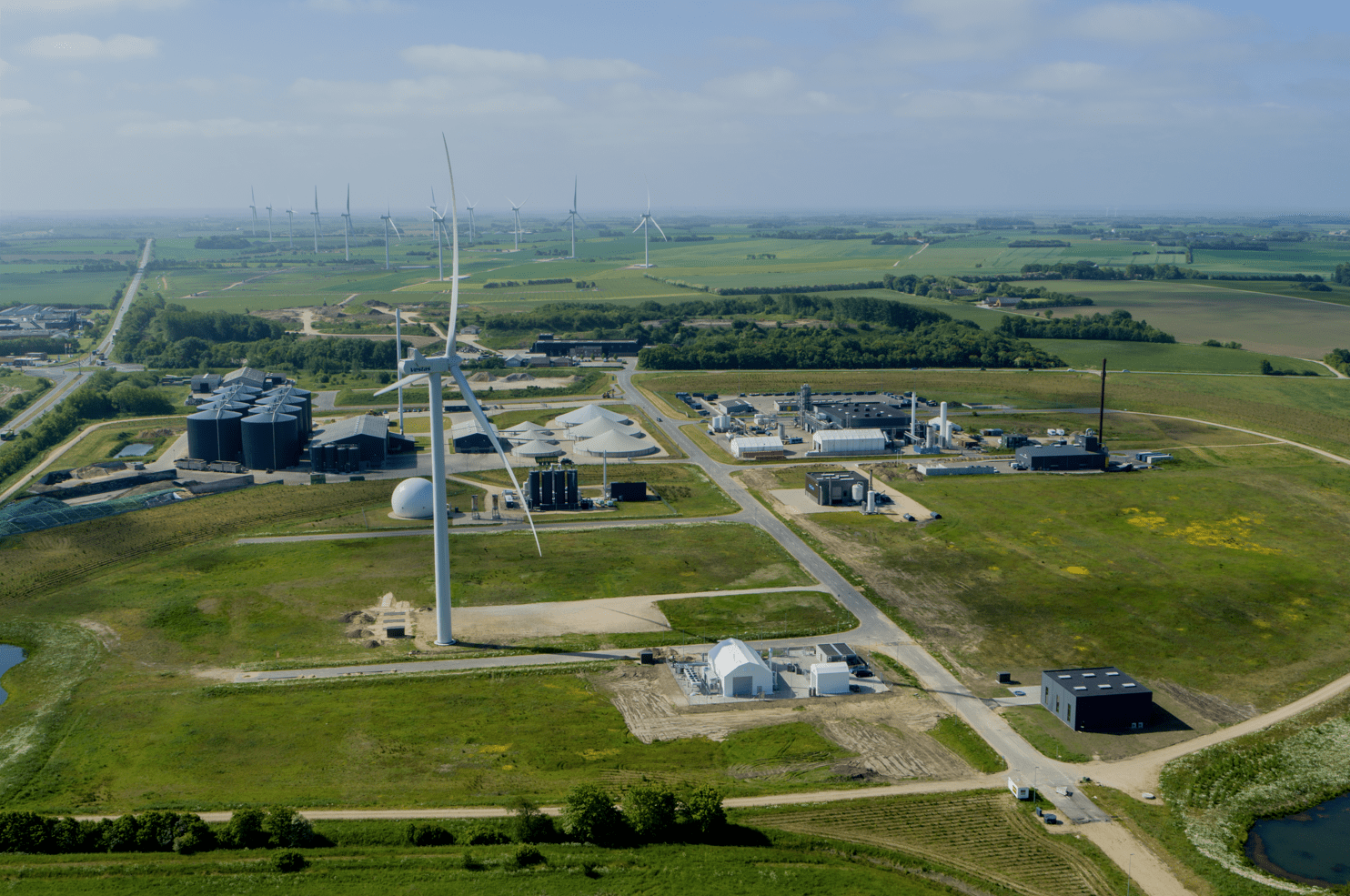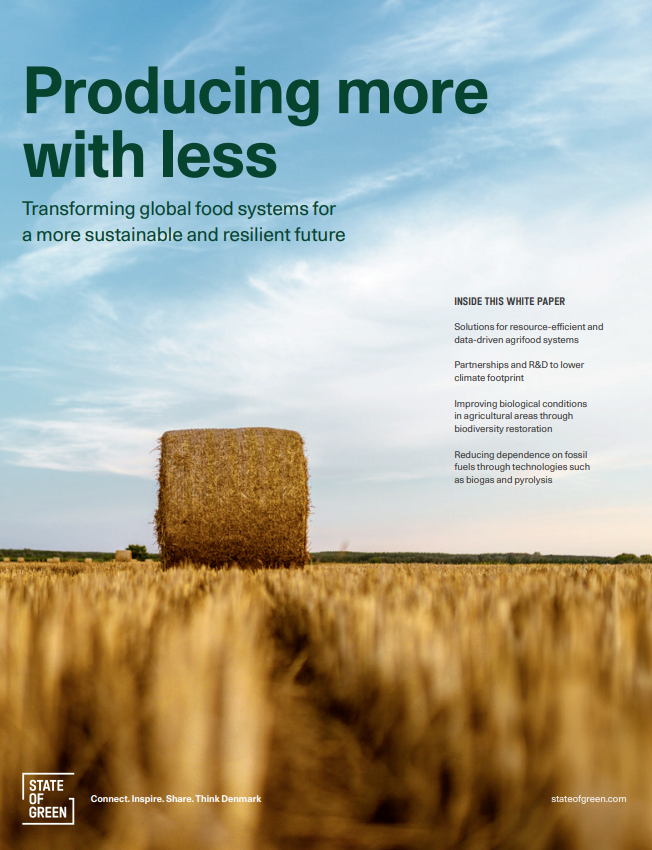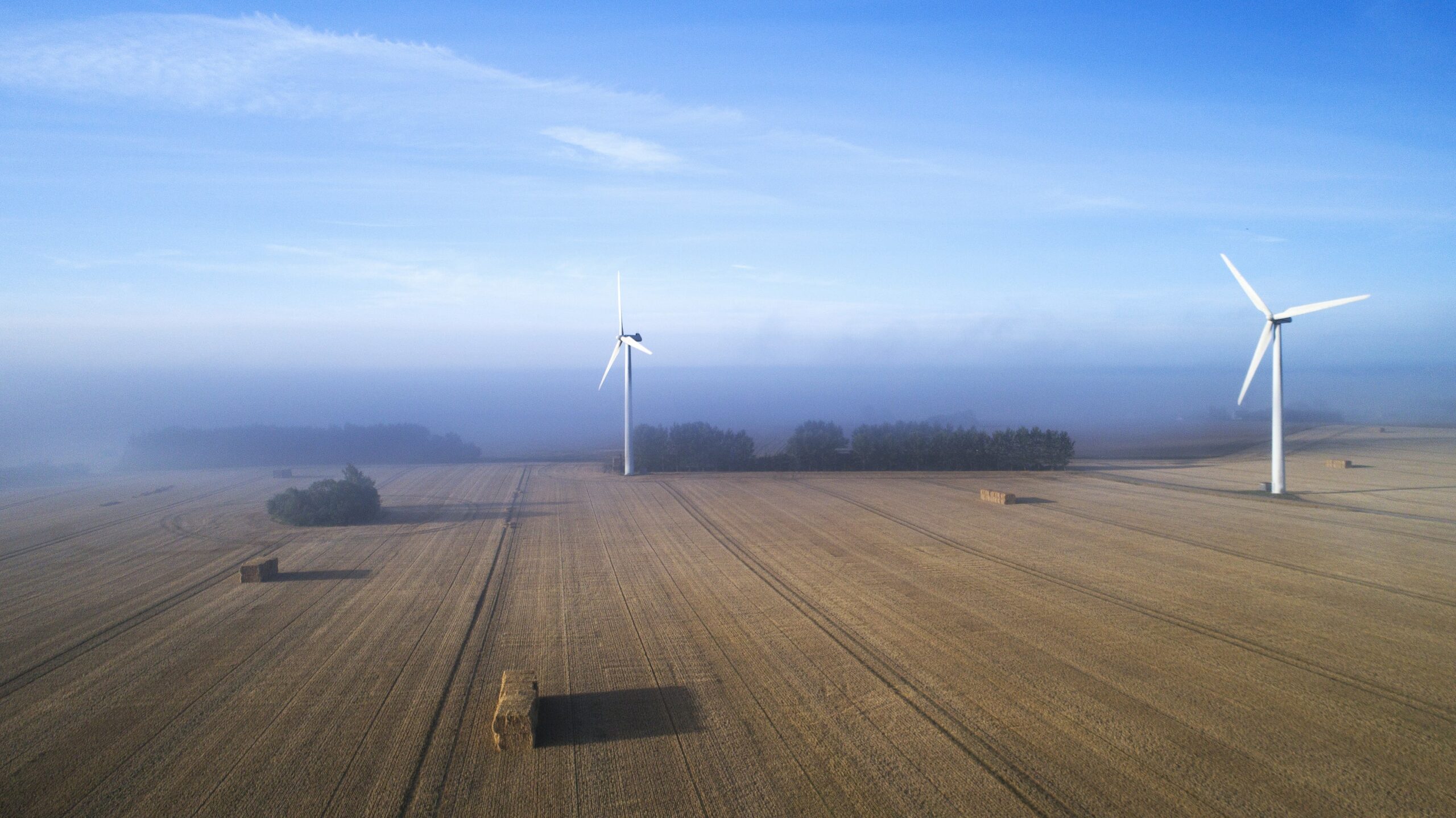News
Bioenergy
Sustainable fuels
Urban mobility
New research: economic and environmental benefits of using straw for biofuel


Straw is the most widely available biomass in Denmark, and researchers, politicians, the agricultural and the energy sectors have therefore long discussed how to utilise straw optimally. Researchers at Technical University of Denmark (DTU) have now examined this question to determine which technology would be the best for utilisation of straw for energy.
“The overall conclusion from our analysis shows that the most favourable long-term solution is to convert straw into biofuel for heavy transport —i.e. shipping, transport of goods by road, and aviation. This applies from a technological, economic, and climate perspective, and we should therefore consider focusing more on the development of this technology track in Denmark,” said Professor Marie Münster from DTU Management, who has headed the analysis project together with two PhD students, Giada Venturini and Amalia Pizarro-Alonso.
Biomass is in fact not necessarily CO2 neutral, and it therefore matters how biomass is used or obtained as an energy source.
“If we assume that we don’t need to import biomass in the future, and we also become independent of fossil fuels, it’s crucial that we know how to exploit our straw optimally. Here, our analyses point towards gasification of straw with subsequent conversion into liquid fuel as the most promising technology,” said Münster.
- Related solution: Transitioning to a Circular Economy With the Help of Straw
Benefits of thermal gasification of straw
Reduction of CO2 consumption via biomass in the transport sector has so far been done by first utilising the biomass in CHP plants and then transferring the energy in the form of electricity for electric cars. However, according to the researchers’ calculations, it is more expedient to direct the biomass at heavy traffic, as it is uncertain whether electricity will become an economically viable alternative here.
Biofuels are energy carriers which can be used instead of or combined with conventional fuels. They are produced by converting biomass such as straw. The analysis shows that there are several benefits of biofuel gasification.
“The reason why conversion of straw into biofuels through thermal gasification is the winning technology is that—despite more electric vehicles—we’ll still need liquid fuels for heavy transport, which accounts for 20 per cent of both the EU’s and Denmark’s carbon emissions. At the same time, we can use the surplus heat from the gasification process for process heating and district heating. And the bio ash that is left when you’ve gasified straw can be spread on farmers’ fields as a substitute for phosphorus and potassium fertilizers, and it also constitutes a stable soil carbon store,” said Münster.
- Related solution: Straw Briquettes for Industrial Scale Production
Development of existing platforms
However, the conversion of straw into liquid biofuels via thermal gasification is a technology that still requires research and further development to become profitable, but from a purely technical perspective, the solutions exist. Good results have been achieved at DTU Chemical Engineering, where researchers have succeeded in extracting large shares of the energy of straw as oil substitutes.
The researchers agree that it is now only a matter of time before this method will be able to create great results in the conversion of biomass (including straw) to liquid fuels. And now that the new, extensive calculations even show that it is potentially the most optimal technology compared with others, there is no doubt that it will be an advantage for Denmark to speed up the process.
It may become profitable for companies, society, and the climate.
The scientific article can be accessed in here.
Source
You should consider reading
publications
Resource efficient production
+15
Producing more with less
29 November 2023News
Energy efficiency in industry
+3















